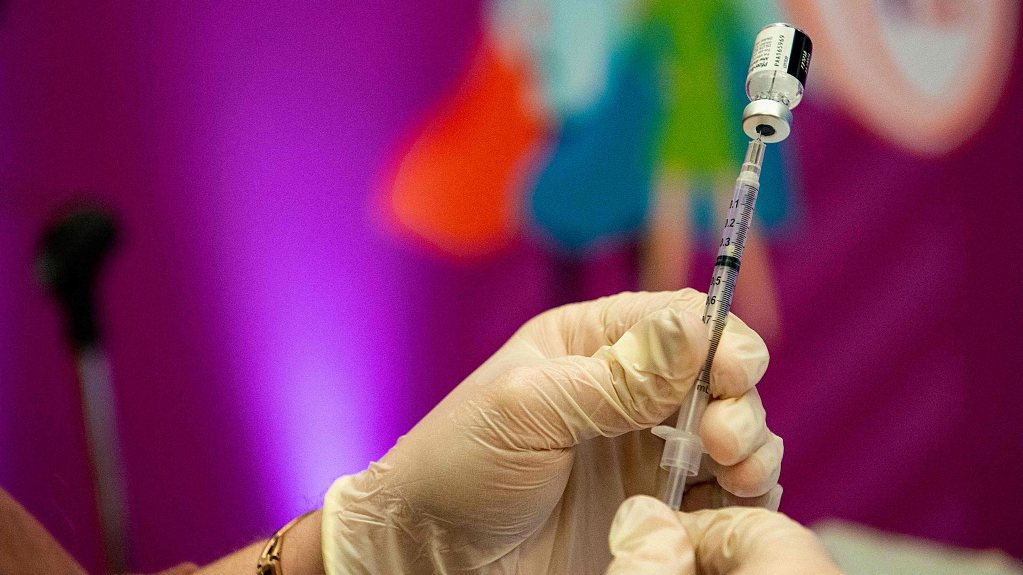
A medical worker prepares a Pfizer-BioNTech COVID-19 vaccine booster, Hartford, Connecticut, U.S., January 6, 2022. /CFP
A medical worker prepares a Pfizer-BioNTech COVID-19 vaccine booster, Hartford, Connecticut, U.S., January 6, 2022. /CFP
U.S. President Joe Biden on Monday officially ended the COVID-19 national health emergency status.
The White House said Biden signed a law passed earlier by Congress "which terminates the national emergency related to the COVID-19 pandemic."
This closes lavish funding streams for COVID-19 tests, free vaccines and other emergency measures thrown together – starting in January 2020 – to try and free the world's biggest economy from the grip of the global pandemic.
Although the U.S. is now formally turning its back on the worldwide pandemic, the Biden administration is already working on a next generation vaccine and other measures to combat any future variant of the virus, the White House said.
The investment, dubbed "Project NextGen" and first announced by the White House and the Department of Health and Human Services officials in an interview with the Washington Post, aims to provide better protection from coronaviruses, including the one that causes COVID-19, that might become future threats.
The Biden administration will spend a minimum of $5 billion in collaborations with the private sector, an approach similar to that of the "Operation Warp Speed" project under former President Donald Trump that accelerated the development and distribution of vaccines in 2020.
The project will focus on creating long-lasting monoclonal antibodies resistant to new COVID-19 variants as well as broader vaccines that can protect against several different coronaviruses.
It will also seek to speed up the development of vaccines that produce mucosal immunity and can be administered through the nose, in hopes they can dramatically reduce infection and transmission rates.
Source(s): AFP
,Reuters